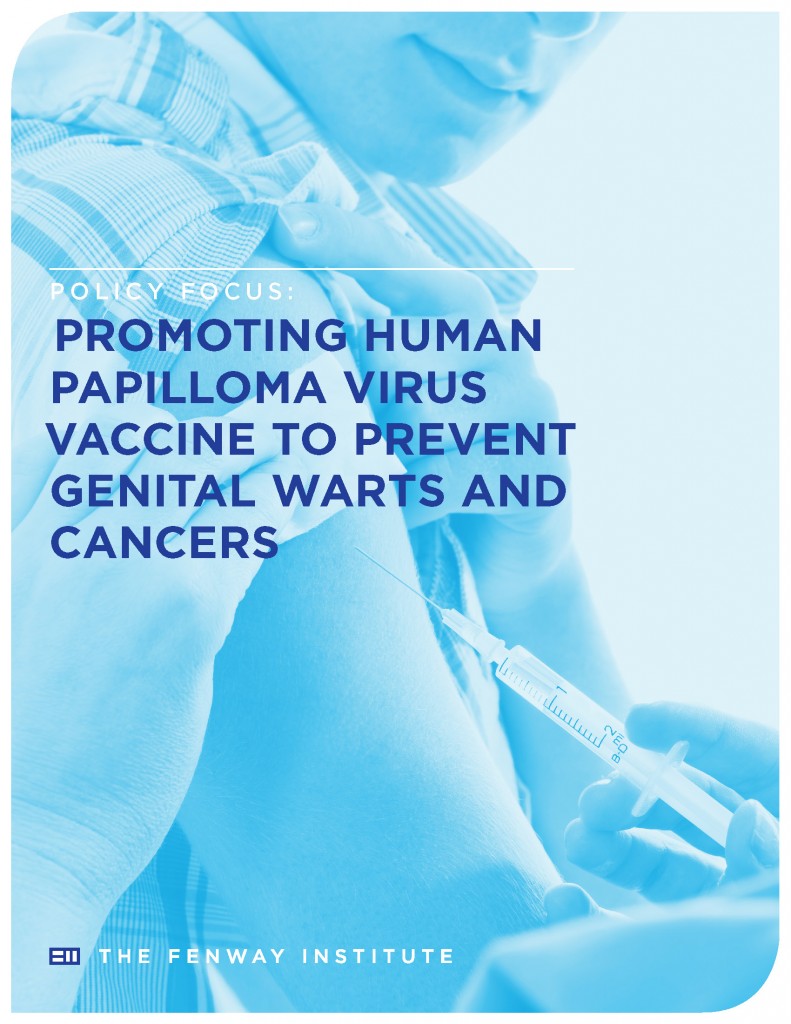Human papilloma virus (HPV), one of the most common sexually transmitted infections, is preventable through a vaccine now recommended for all females and males age 11 to 26. However, vaccination rates remain low in the U.S., in part because only one-third of doctors prescribe the vaccine to eligible patients. HPV infection can lead to genital warts and certain types of cancer. This brief provides an analysis of the current state of HPV vaccination rates in the U.S., finding them lagging well behind other countries, where vaccination campaigns have been more successful.
The brief also describes barriers to vaccine uptake, and examines insurance coverage of HPV vaccine, including what vaccine guidelines mean for insurance coverage under the Affordable Care Act. The brief concludes with policy recommendations, including encouraging or mandating HPV vaccination through social institutions such as the military and publicly-funded universities; increasing vaccine delivery by providers and at STI clinics; reducing vaccine costs; and researching why there are gaps in HPV vaccine awareness and rates.


